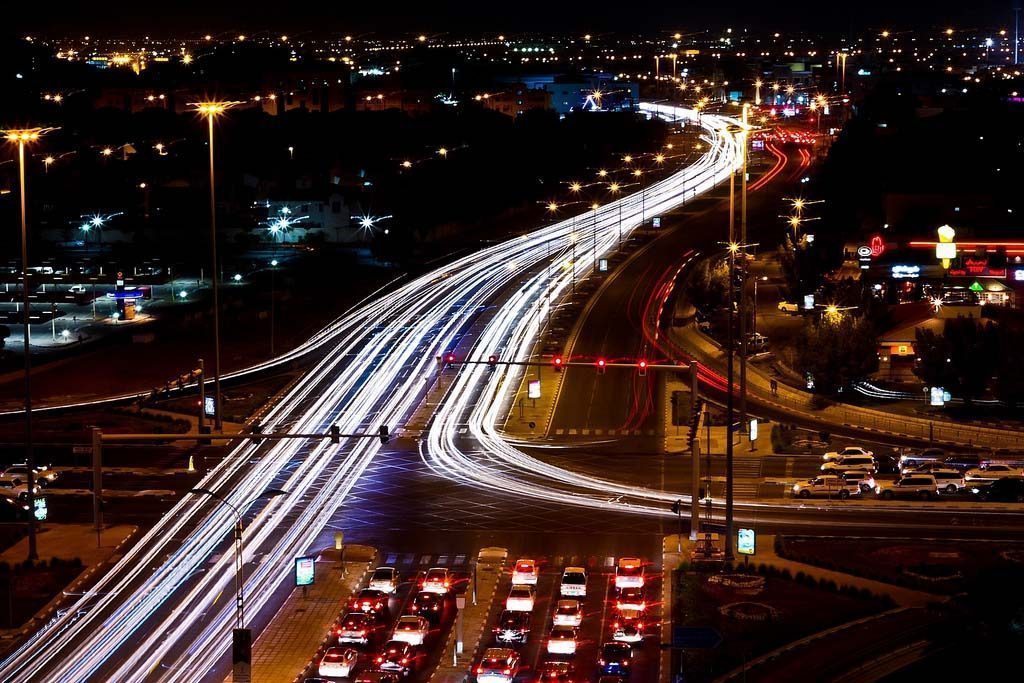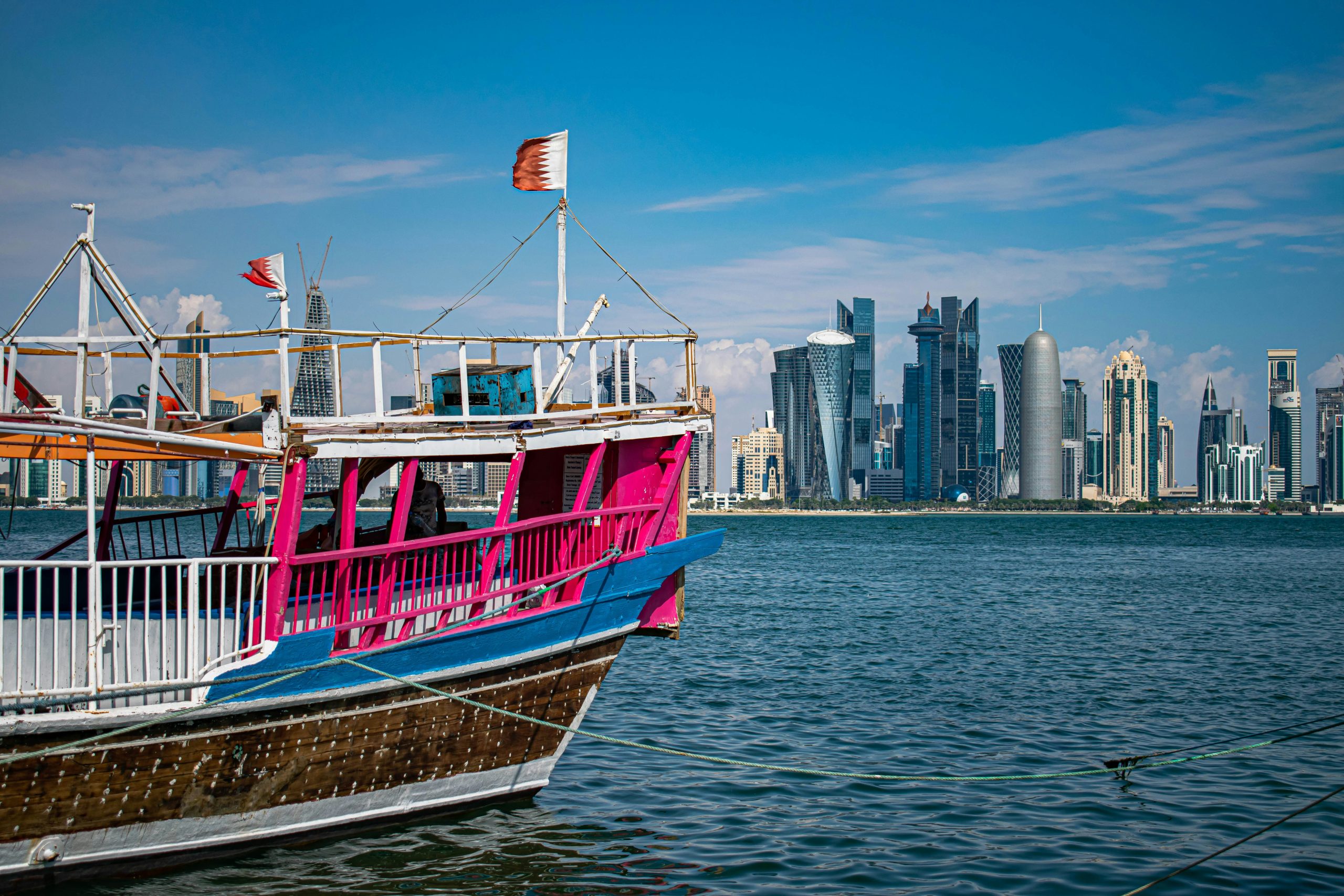
Less than two million people were inside of Qatar at the end of last month, as population figures hit an annual low following Eid holidays, according to newly released government figures.
Residents currently in Qatar may have noticed less traffic on the roads recently, after some 230,000 people left the country in July, according to the Ministry of Development, Planning and Statistics (formerly known as the Qatar Statistics Authority).
That means the population dropped from 2.15 million in June to 1.91 million at the end of last month.
The figures reflect an annual exodus of people leaving the country’s hot, humid summer months to escape to cooler climates – holidays that many residents postponed by several weeks due to Ramadan.
Out of the 1,919,962 people inside of Qatar on July 31, males outnumbered women by a ratio of 3:1 – a common demographic trend.
Growing population
With a number of developments under construction, Qatar’s population has been witnessing unparalleled annual growth.

The 2022 World Cup stadiums, New Doha Port, Lusail City, several new expressways and the upcoming rail and metro system are only some of the multi-billion dollar projects currently underway, fueled by an expat labor force.
According to the Qatar Economic Outlook 2013-2014, the country’s population is expected to exceed 2.2 million by the end of this year, a target that will likely be reached if May’s all-time record high population of 2.17 million is any indication.
The high reflects a growth of 10.7 percent compared to the previous year, or 210,911 people.
Frank Harrigan, director of MDPS’s Department of Economic Development, previously forecasted that the country’s population would continue to rise to a peak of 2.5 million until World Cup-related projects are complete:
“By 2015 or 2016 when most of projects should be working in full capacity, the population will reach its peak level. But as these projects reach their completion many workers will start returning home, and we would see the population declining.”
Obstacles
Qatar’s rapid expansion over the years has resulted in a national struggle to balance social development and environmental protection with economic growth.
In a report submitted by Qatar to the UN in April, the government acknowledged several key challenges going forward, including overcrowding in schools and hospitals, erosion of Arab and Islamic values and growing pollution caused by traffic congestion.
But for now, because it’s summer, residents appear to be enjoying the quieter country, and the population will likely dip further at the end of August, before increasing again as people return and school resumes in the fall.
Thoughts?







